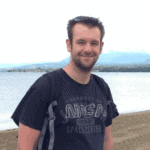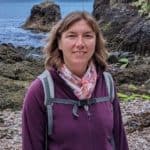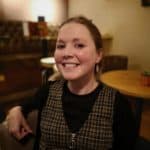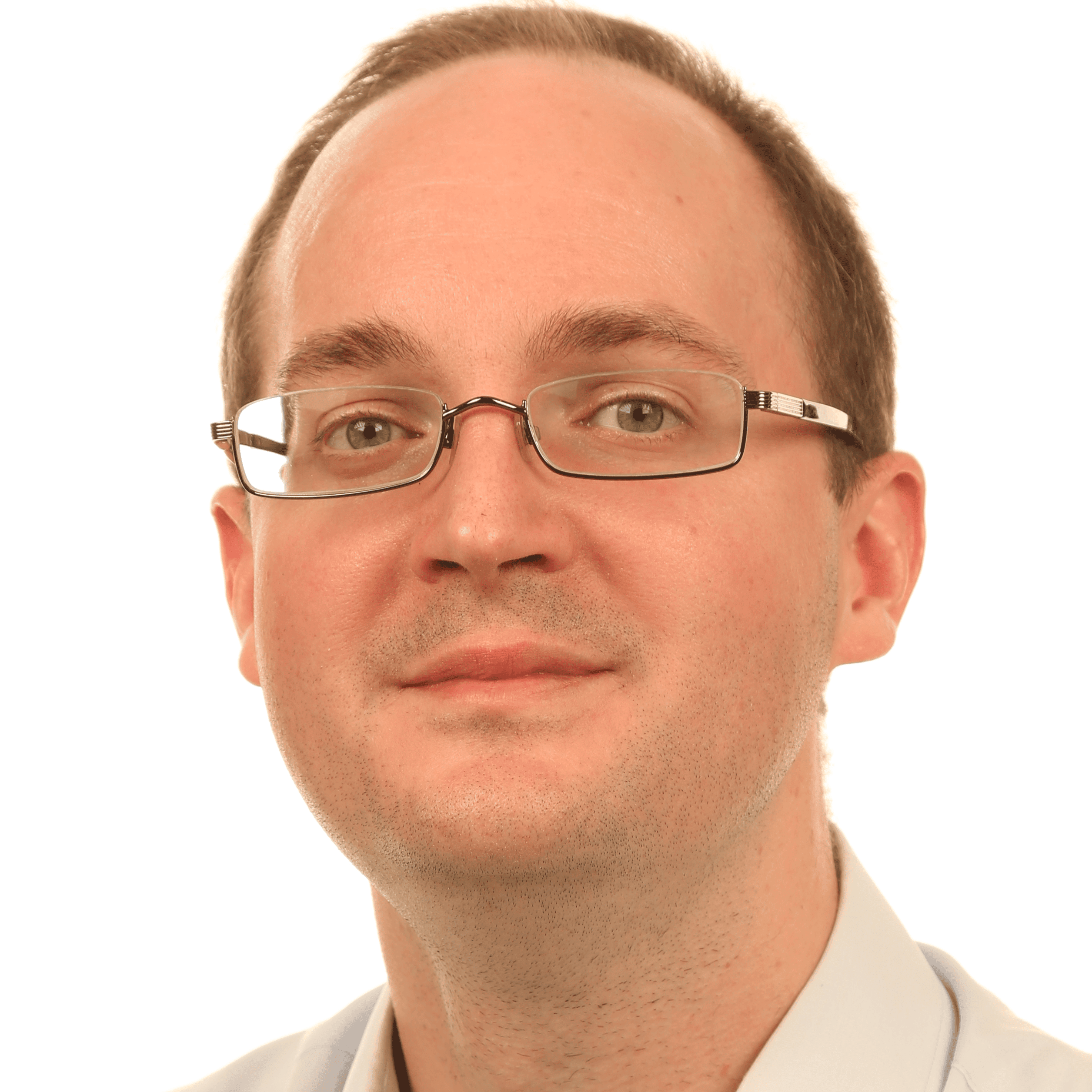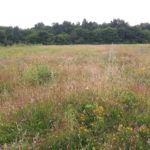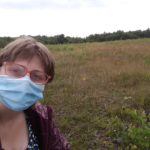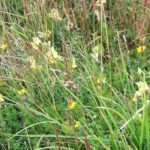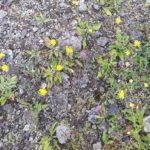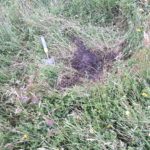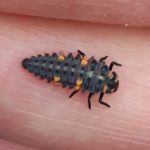Profile
Savanna van Mesdag
-
About Me:
I am a scientist who has recently completed her PhD, a four-year long science project! I love animals, nature, science, art, animation, architecture and literature.
-
Read more
Hello all! I am Savanna van Mesdag, a biologist by nature who has recently dabbled in geochemistry. I recently completed my PhD! My PhD a four-year-long project about plants growing on waste on post-industrial land. Such waste can include colliery spoil from the coal industry and paper mill waste from the paper industry, among many, many others. I found out some interesting things about the plant biodiversity (number of species and individuals) and chemistry on different post-industrial field sites.
I am bisexual and my pronouns are she/her. While I have an English accent I have lived in Scotland for many years, mostly in Inverness, Edinburgh and Glasgow (my family like to move around a lot!). Just to be more confusing, I have a British dad and an Irish and Dutch mum! I consider myself ‘western European’ rather than ‘British’ (and definitely not just English, although I have some English in me). I very much love living in Scotland and it was lovely to do a PhD that focussed so much on Scottish wildlife, habitat and, to a certain extent, heritage (defined as a legacy of cultural resources, basically, bits of our history which we can still enjoy today). I’m very interested in nature, with animals being a life-long passion of mine. In addition, I’m very interested in taxonomy (the classification and identification of living things) and evolution. I have many hobbies and interests outside of my academic sphere as well, including animation (yes, I do watch and love anime), art (going to galleries, I can’t do art to save my life), architecture (looking at buildings) and literature (I love a mixture of fiction and non-fiction books, especially books about nature, wildlife, history and various social issues).
-
My pronouns are:
She/her/hers
-
My Work:
I recently completed my PhD, based at the University of Glasgow! My PhD a four-year-long project about plants growing on waste on post-industrial land. Such waste can include colliery spoil from the coal industry and paper mill waste from the paper industry, among many, many others. I found out some interesting things about the plant biodiversity (number of species and individuals) and chemistry on different post-industrial field sites.
-
Read more
For my PhD (four-year project at University), I studied habitats, as well as the plants that live on them! The primary substrate, or ‘ground cover’, includes waste such as steel slag. Steel slag is a waste product of the steel industry. Both steel and steel slag are generated in large, very hot furnaces. The use of substances like coal (which is involved in the steel-making process, to heat the furnaces), releases a great deal of carbon dioxide into the atmosphere, which is not really what we want at the moment!
Historically, steel slag was almost always dumped on sites close to the furnaces where it was made. While these steel slag sites can have some negative impacts on the environment (particularly through leachates, when water flowing over steel slag becomes contaminated with trace metals and these trace metals enter water-courses), they can also provide space for interesting and important habitats for a range of different species. This is not only beneficial from a species and wildlife point of view, but it shows that steel slag can provide some environmental benefits despite the high amount of carbon dioxide released by the steel industry. I was able to study plants on sites with different post-industrial wastes, including stee slag, to address a knowledge gap about some of the different plants that grow on these often underappreciated field sites.
While I’m not directly studying this, steel and blast furnace (iron furnace) slag, once it has been made, can potentially capture carbon dioxide from the atmosphere! My supervisor, as well as a few of my fellow PhD students, have been studying/did study the carbon capture abilities of steel slag in great detail. This demonstrates that legacy steel and blast furnace slag have varied and additional benefits to the environment.
Other than my PhD work, I have had valuable expereince in other areas of science as well! Before my PhD, over a few months, I carried out a Master’s (MSc) dissertation project, at Imperial College London and the Natural History Museum, focussing on ancient fish fossils. I was looking at the bone of these fossils, which was unusual bone, because it was growing in such a way that was unexpected in this species of fossil fish. Later, my Master’s supervisor and I did further work, including similar work on other fossil fish bones that also turned out to be unexpected and unusual. I was able to have a paper published, along with my supervisor and two other authors, on the bone in these fossil fishes. Publishing papers is very important for many scientists (especially for scientists working at universities), because it shows that we have developed important science writing skills and showcases the research we have already done.
Before my Masters, I did an undergraduate project over a few months, at Edinburgh Napier University. This project focussed on various aspects of wader bird distribution and behaviour at a lovely bird-watching site near Edinburgh (Musselburgh, specifically). Wader birds are those birds, usually with long beaks, that scuttle along the shoreline looking for ‘yummy’ molluscs and crustaceans to eat. These can include species such as oystercatchers, with black and white plumage and bright orange/red beaks, as well as curlews, which have very long, curved beaks. I watched wader birds in the near-freezing cold for several days, at a bird hide, over the winter-early spring. Luckily, I recorded some interesting information about their behaviour! I was able to chat to other birders at the hide and these people very kindly helped me with my bird-watching and research. One of these people worked for the SOC, the Scottish Ornithologist’s Club and I was able to share my undergraduate thesis with him once it had been submitted. I hope that the information in my thesis was useful to at least some of the people in this organisation.
-
My Typical Day:
Now that I have submitted my PhD research, I have a few other things that I’m doing at the moment! I’m based at home at the moment, applying for science-related jobs and working on some scientific papers. I am lucky enough that I’m collaborating with authors on different scientific papers in varied scientific fields, so that, at some point, I can have those papers published and have more of a chance of doing jobs that I want to do further down the road.
-
Education:
Before university – I was mostly home-educated.
Edinburgh Napier University – Undergraduate degree.
Imperial College London (a university) and Natural History Museum – Master’s degree.
I have recently completed my PhD at the University of Glasgow. I was also affiliated with the University of Stirling. -
Qualifications:
GCSEs – English Language (A), Environmental Science (A), Maths (A), English Literature (A), Child Development (B), Geography (B), History (A), Science (B)
A Levels – Biology (C), History of Art (B)
Scottish Highers – Chemistry (B), Geography (B) -
Work History:
As well as doing a lot of academic (University) stuff, I have also had plenty of volunteering experience! I spent more than four years volunteering at Edinburgh Zoo, for instance, providing information to the general public about the animals at the zoo, as well as the wildlife conservation that the zoo is involved with, in other parts of hte world. I was a Main Leader for an RSPB childrens’ group, we met once a month during term time for wildlife and outdoor-related activities in the South Edinburgh area. I’ve also volunteered for a range of other organisations doing lots of different things, including the National Trust for Scotland, the Marine Conservation Society and the Scottish Wildlife Trust. Volunteering can be really good fun, but it’s important to balance your activities and not sacrifice too much of your time to volunteering, especially if it compromises your finances. I was fortunate enough to spend lots of time volunteering before and during my undergraduate degree.
-
My Interview
-
How would you describe yourself in 3 words?
Interested, Curious, Nerdy
What did you want to be after you left school?
I wanted to work with/for animals/nature.
Were you ever in trouble at school?
I was actually home-educated and I will admit - I was a bit of a goody-two-shoes. I could have misbehaved a bit more...
Who is your favourite singer or band?
Poets of the Fall are my favourite band - they are a Finnish band!
What's your favourite food?
Pancakes with maple syrup and bacon.
-

